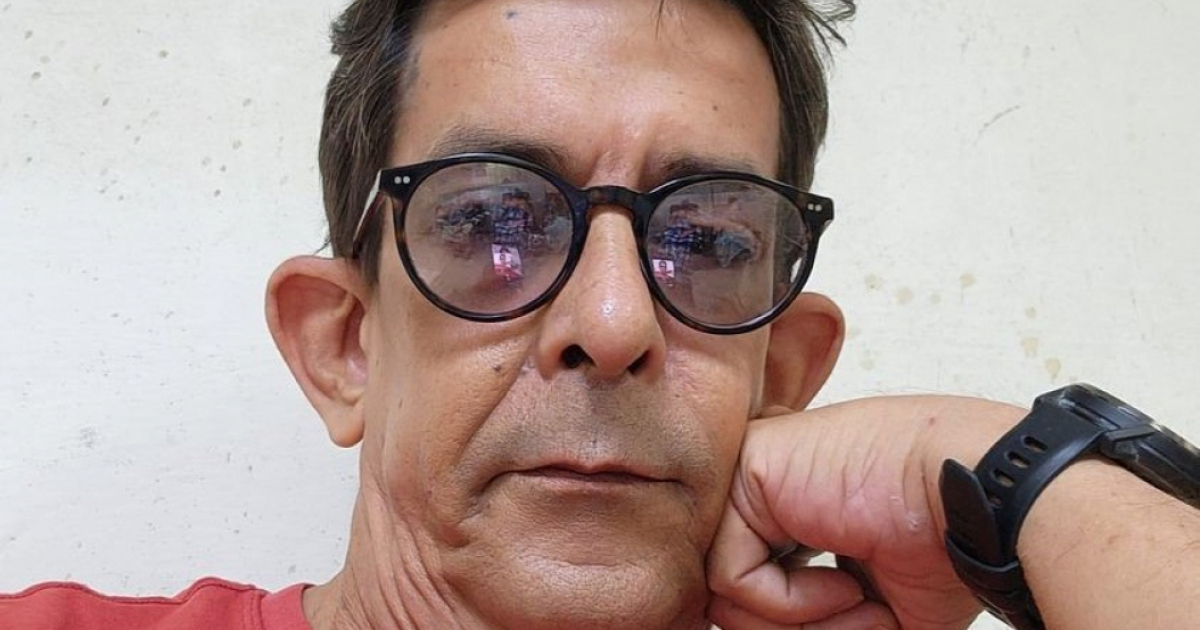
The Cuban comedian Ulises Toirac revealed that there are days when he wakes up ready to leave the country, and on the contrary, other days he is determined to stay.
In an interview with the Observatory of Cultural Rights, where he talked about the obstacles that have been placed on his work in Cuba and the censorship he is now experiencing, the actor detailed the two issues he weighs in his decision to emigrate or not. On one hand, in his country "artistically there is nothing left for me to do", and on the other hand, "starting anywhere at 60 is an epic challenge".
Ulises referred to the unwritten prohibition against appearing in theatrical performances, and explained that he does not know who is acting as the commissioner because he has not seen the veto "coined and signed."
"One only sees one negative after another and a deafening silence when the modus operandi is made public. It is a Machiavellian mechanism, and that is when one understands the State's desire to monopolize opinion sites: from newspapers and broadcasters, to stages," he said.
The screenwriter also referred to the old regime's practice of, when a "troublesome" artist performs a concert, filling the theater with workers from organizations and selling fewer tickets to the public, something that in his opinion is a "tool of intimidation against artists".
Both in the Acapulco as well as in the Mella theater or in the Karl Marx, I have seen the mechanism. Entire sections of the audience reserved for certain organizations, filled with individuals 'combatively willing to repel opposing manifestations'. Sometimes I greeted those spectators from the stage," he recalled.
"On one occasion, I had to threaten to shut down a gathering in the video room at Acapulco, because even before the audience waiting in line had entered, the room was already 50% filled with members of the Rapid Response Brigades. Things were getting heated. And the artist on stage could feel that," he added.
Ulises pointed out that for there to be a healthy relationship between the State and culture, it is essential that creators have freedom of expression, both formally and conceptually.
"There should not be specific laws for artists. Those of society should suffice," he noted.
Lastly, he reiterated his belief that a dialogue between artists and authorities is possible.
The catch is that the terms of that dialogue change. It is in intelligence, the ability to survive, and the awareness of what the end of dialogue implies," he stressed.